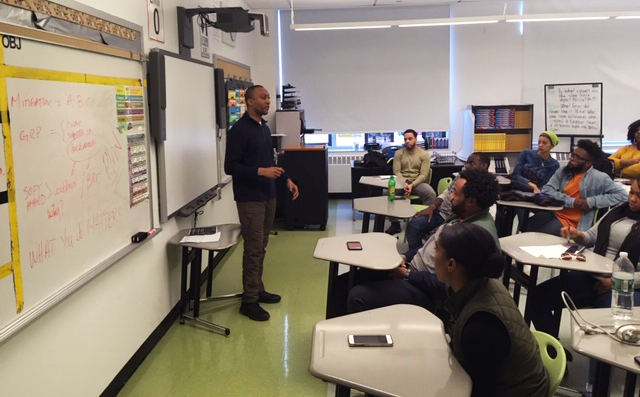Target Hardening
Our staff will come in to do a site assessment of your business or school and recommend target hardening best practices as outlined by the following: United States Department of Homeland Security, NYPD Regional Infrastructure Protection, ASIS standards as well as Texas A&M Extensional Service (TEEX) Jurisdictional Threat and Risk Assessment.
From the Homeland Security Digital Library
Hardening is defined as any measures taken to fortify the physical environment of a location or facility so as to deter or mitigate the effects of a criminal or terrorist act against it. Hardening targets against criminal activities has been a public safety strategy for decades. While the terrorist threat is undeniably unique—the objectives and methods of terrorists differ from those of the common criminal—there are established practices that can be adopted or easily adapted to help counter terrorist threats. Further, jurisdictions must determine how and where to allocate scarce resources in order to reduce vulnerabilities, often with little or no specific threat data or intelligence.
Beyond general increases in vigilance, this guide presents a menu of hardening measures for potential targets. Without specific threat data or intelligence, planners should use judgment and experience to determine high-consequence or high-risk targets. Within the sphere of terrorism, planners should consider both international and domestic terrorist threats. The following types of buildings and sites may present themselves as potential targets for terrorists:
- Office buildings
- Government buildings
- Public gathering places
- Transportation hubs/systems
- Energy production facilities
- Electric Power facilities
- Chemical/pharmaceutical plants
- Amusement parks
- Malls
- Monuments
- Planned Parenthood facilities
Many of these buildings/sites are often relatively unprotected and “soft” targets, yet they present the potential for significant human loss and material destruction. While extensive hardening measures may be infeasible and cost prohibitive for every single potential target, there are several improvements requiring limited resources that yield immediate benefits to the security of such buildings.
Our instructors have vast experience working in major metropolitan areas for 330+ years. Their backgrounds include law enforcement, fire, EMS, and the military.
Spartan School Consulting Instructors
More Info
Contact Spartan School Consulting today to inquire about consulting services for your company or organization!

